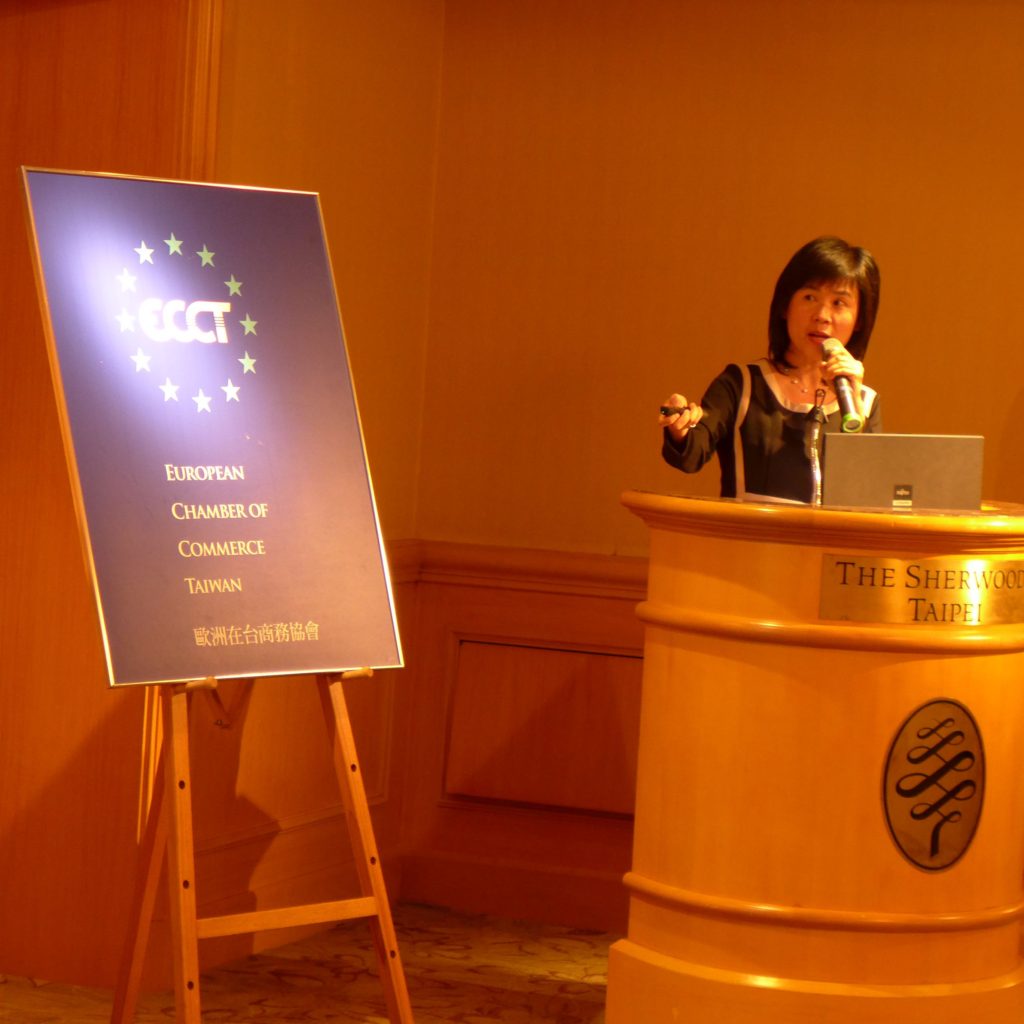Introduction to the Cross-Strait Taxation Agreement

Given increasingly close cross-Strait economic ties, the agreement has become necessary to ease the tax burden for the growing number of Taiwanese individuals and companies that are doing business in or with mainland China. Investments in China account for up to 62% of Taiwanese outbound investment while most of the other outbound investments are in other countries in Asia, with which Taiwan already has agreements. China has 98 tax treaties in place (including with Hong Kong and Macau) while Taiwan has very few tax treaties compared to other countries, particularly Taiwan's competitors such as South Korea (which has 80). The agreement is therefore important to improve Taiwan's competitiveness.
The agreement eases the tax burden in several ways for Taiwanese firms. In particular, double taxation is mitigated by a taxation agreement allocating taxing rights between the jurisdiction in which the relevant income/profits arise (the "source" jurisdiction) and the jurisdiction in which the taxpayer (the recipient of the income/profits) resides. It also requires the resident country to eliminate double taxation where there are competing taxing rights.
There are several benefits of the agreement. If a Taiwanese firm does not have a permanent presence in China it is exempted from income tax in China. Before the agreement, the profits of service providers would be subject to tax but now the case rests on whether or not the firm has a permanent establishment in China. There are also exemptions from withholding tax. Shipping and air transport companies also benefit. Previously they only benefited from point to point routes but under the agreement, indirect routes also apply for the purposes of income and business tax. Under the agreement, passive income from investments, such as interest, dividends and royalties have upper limits. Capital gains from the sale of shares used to be 10% in China. Under the agreement these are now exempt. Income from employment for employees who work in both China and Taiwan will get a much bigger tax break.
The new agreement makes provision for greater information sharing platform and a dispute resolution mechanism to resolve disputes and avoid future disputes and double taxation. Once the cross-Strait Taxation Agreement takes effect, Taiwanese subsidiaries of multi-national companies that engage in transactions with Chinese companies and their employees working in China may have the opportunity to enjoy tax concessions under the agreement in respect to service payments to/from Chinese companies, passive income to/from Chinese companies, transfer pricing adjustment and individual income tax. It will provide reduced withholding tax rates for passive income such as dividends, interest and royalties, withholding tax exemption for business profits (eg service payments). In summary, the agreement will help to improve Taiwan's investment environment and competitiveness. Taiwanese companies will save on taxes while China will benefit from the more attractive tax regime to attract more investments.
